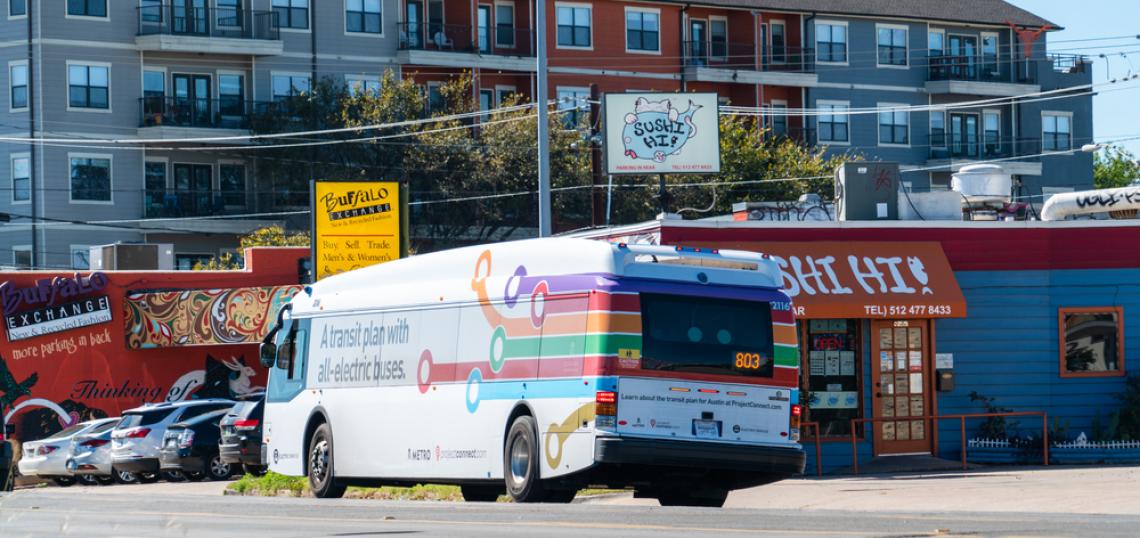Work has begun on divvying up $300 million for displacement prevention connected to coming public transportation improvements, according to a March 29 Austin Mobility press release. The funds are part of Project Connect, a $7.1 billion transit plan approved by Austin voters last November.
Along with city staff, 30 community members dubbed the "catalyst group" recently started work on an "equity tool," according to the release, meant to provide insight on how best to allocate the money among programs and projects focused on populations that are vulnerable to displacement as a result of living near new or improved transit lines.
Voters approved the money to help mitigate the threats that can arrive in vulnerable communities along with transportation improvements. Upgrades in public transit for a neighborhood often lead to increased property values, which means higher taxes that can be passed on in the form of rent increases. Those costs, in turn, can lead to the migration of low-income families, renters, and other vulnerable groups away from formerly affordable areas.
The equity tool is focused on providing better insight into how transit investments can affect those populations in ways that lead to their displacement. The tool will also help determine how best to allocate the nearly $300 million to local anti-displacement programs and projects.
The catalyst group is composed of "community members who are most affected by displacement pressures and/or have lived experience with displacement," most of whom are in a position to feel the impact of by Project Connect. The 30 were selected from a pool of 117 applicants to co-create and test the tool with city staff.






